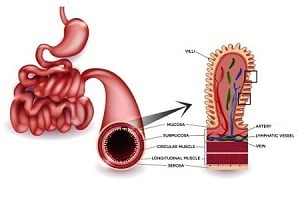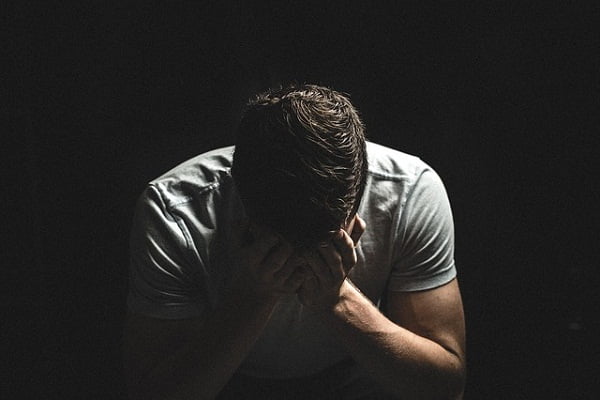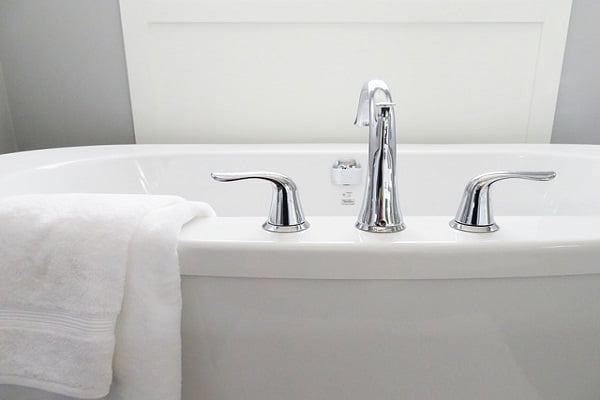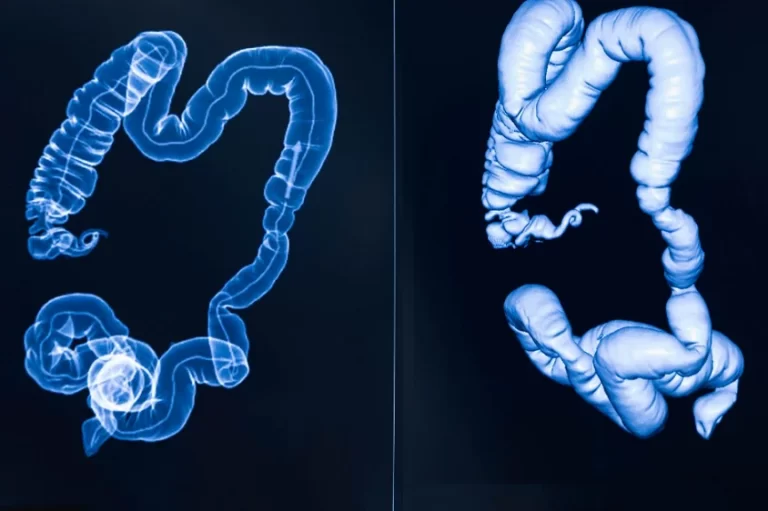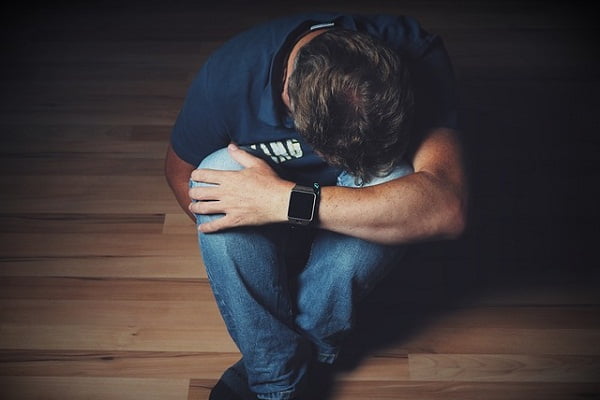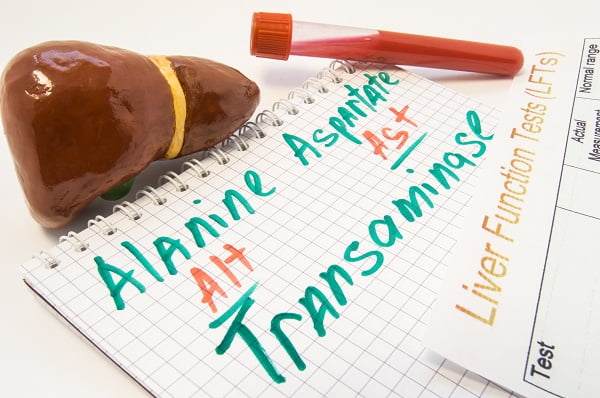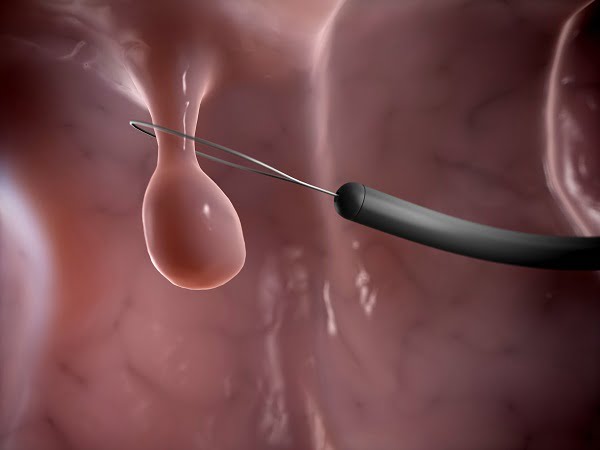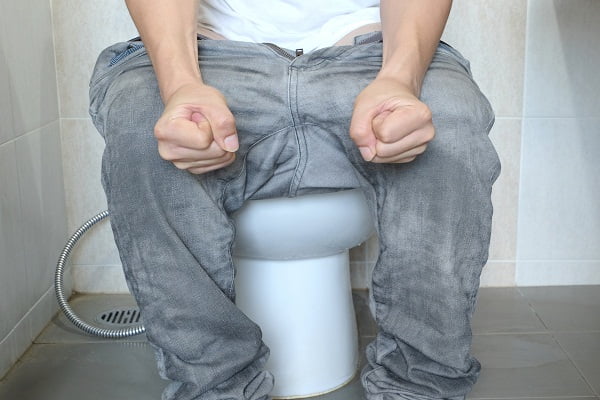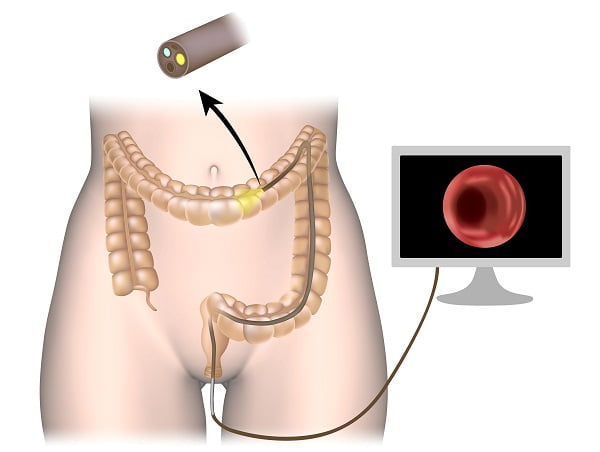Browsing: Digestive Health

The page provides quick access to a list of common gastro-intestinal tract diseases, syndromes, health conditions, and other topics of health importance. The list is organized alphabetically. Links are provided to respective diseases sections that serve as a comprehensive and ultimate guide about the disease or health condition.
Some people experience certain gastrointestinal (GI) symptoms on a regular basis, such as heartburn, indigestion/dyspepsia, bloating and constipation. These symptoms may occur due to various digestive problems. Depending upon the condition, the gastrointestinal disease (GI disease) may be acute or chronic. The best way to prevent occurrence of any such disease is exercising on a regular basis and have a healthy diet.
Healthcare professionals indicate such prevalent occurrence of gastric diseases throughout the world, across all age groups. This is due to improper diet, obesity, gastroenteritis, inflammatory bowel disease, various gastric cancers and ulcers. Some doctors believe that digestive disorders occur due to malabsorption disorders and lack of gastric microbiome in an individual.
Gastrointestinal disorders include conditions such as constipation, irritable bowel syndrome, diverticular diseases, colitis, piles, gall stones and colon cancer, which are extremely common. These lead to inefficient digestion and absorption of nutrients in the body, causing severe effects in growth and development of an individual. Constipation and irritable bowel syndrome (IBS) are two most widespread gastric diseases.
Signs and Symptoms of Celiac Disease
There are more than 200 symptoms of celiac disease. Yet, some people do not experience any symptoms at all, though they are also at risk of developing the disorder. The disease affects the digestive system primarily, but other parts of the body may also be affected. Anemia for example can occur to a patient.
Thrombosed hemorrhoids are generally external hemorrhoids that have no or reduced blood flow due to a blood clot. Thrombosed hemorrhoids are not generally dangerous, however, they can be quite painful. Symptoms of thrombosed hemorrhoids often resolve themselves if the blood clot is reabsorbed by the body.
The word sitz is derived from the German word “sitzen,” which means “to sit.” A sitz bath is usually a warm bath recommended to cleanse the perineum. A sitz bath is quite helpful in providing relief and comfort from pain or itching in the genital area such as if you have hemorrhoids.
Treating Diverticulitis
Diverticulitis can be treated with antibiotics and the liquid diet. However, if the condition is chronic, the disease may recur.…
How Do You Get Hemorrhoids?
Constipation is a common reason for straining during bowel movements that may ultimately lead to haemorrhoids. It can occur due to consumption of a diet low in fiber and high in fat or Irritable Bowel Syndrome. Drinking less amount of water can cause constipation leading to hard stools and straining.
How Do Doctors Diagnose Cirrhosis?
The normal functioning of liver is affected by liver cirrhosis. The diagnosis of liver cirrhosis begins with a detailed medical history and identification of any risk factors that make the person susceptible to cirrhosis. Your doctor may ask about symptoms and rule out the possibility of any other problem.
Treating Hemorrhoids
If you experience rectal bleeding, you should meet a doctor. Your doctor will find out the cause of bleeding to make sure it is not from a more serious condition such as colorectal cancer. If he finds hemorrhoids in the diagnosis, you will receive treatment for them which depends on severity of the hemorrhoids.
Do Hemorrhoids Go Away on Their Own?
Whether hemorrhoids go away on their own easily depends on many factors. One of them is the type of hemorrhoids and their severity. Haemorrhoids may last for a few days to up to a few months or even years. Research indicates whether hemorrhoids go away easily or not depends mainly on these factors.
How Are Hemorrhoids Diagnosed?
Hemorrhoids are diagnosed by examining patient history and through physical examination. Your doctor will ask questions about symptoms such as constipation, hard bowel movements, and straining while going to the toilet. He will try to look for other causes of rectal bleeding such as tumors, inflammatory bowel disease, and gastrointestinal bleeding to rule out other conditions.
There are several options to treat hemorrhoids at home. Home remedies for piles are known for their ease of use and for providing relief from the symptoms of hemorrhoids until they clear up on their own. Some of the important and effective natural cures for hemorrhoids are discussed in the article.




